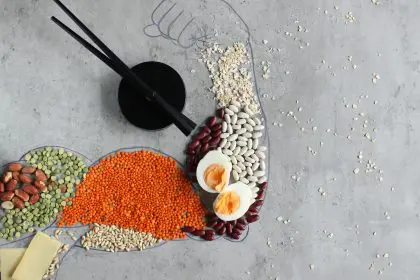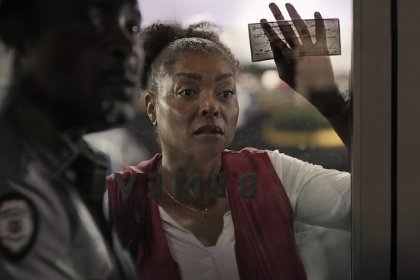 |
Dr. Rachel Villanueva, an obstetrician/gynecologist from New York,
fights tirelessly against the strong tide of medical pessimism and
fatalism so pervasive in the African American community, particularly
women. Contrary to popular but erroneous beliefs, many do not have to
helplessly endure certain medical maladies due to heredity.
We
say, “ ‘Oh well, my grandmother had it, so I’ll get it, too,’” says
Villanueva, who promotes medical literacy, preventative medicine and
routine checkups as ways to stave off or reduce the ferocity of
hereditary ailments. “It doesn’t always have to be inevitable. It
doesn’t always need to kind of lead to bad consequences. I think that
people automatically assume, ‘if I get diabetes and have to take
insulin [because my parents did], then oh, well [then I will too].’”
Villanueva,
who is also chair of the Concerns of Women Physicians within the
National Medical Association, asserts that the biggest enemy of African
Americans is not some genetic predisposition for certain diseases but
is something that is, actually, within our control.
“The
fact that they don’t come to the doctor or don’t get a yearly checkup,
that’s a problem. The fact that people smoke, that’s a problem. The
fact they don’t exercise, that’s a problem,” Villanueva says, her words
coated with passion.
“Other people seem to go to the
doctor more often, don’t wait to go to the doctor, or maybe have more
trust of the system and therefore are willing to seek care more than we
do. We need to just educate our patients and let them know about how to
access the system and not wait until we are really sick before they get
into the system,” she continues.
Villanueva also cites the need
for African Americans in general to greatly improve their literary
standards in order to help their own cause. “Literacy is a problem so
even when they go to a physician [are given] one of those pamphlets or
[that is] in the reading room, they don’t [understand] it and they
probably [are] not going to say anything [be]cause they are
embarrassed,” she says. “And that’s part of the cultural health
literacy and that’s important especially in our community and when
people are not understanding, especially some of the older people.” – terry shropshire










